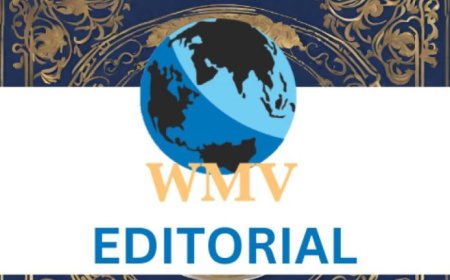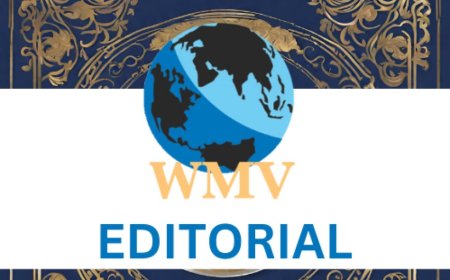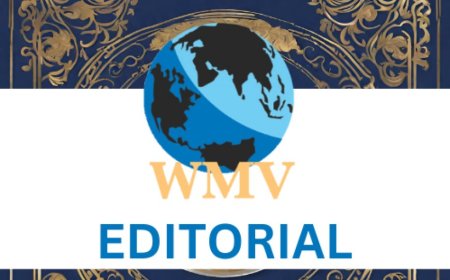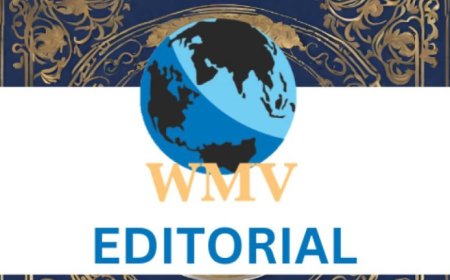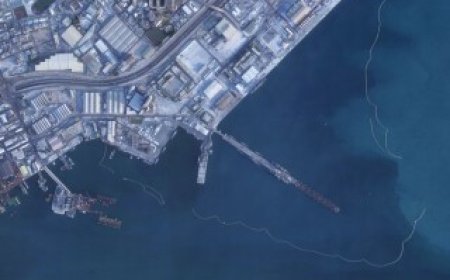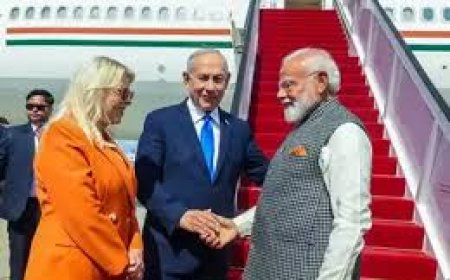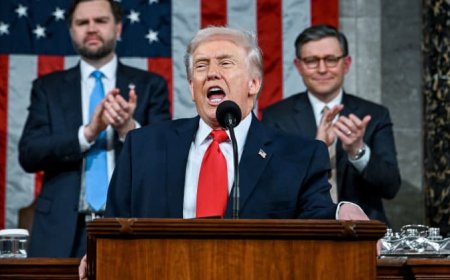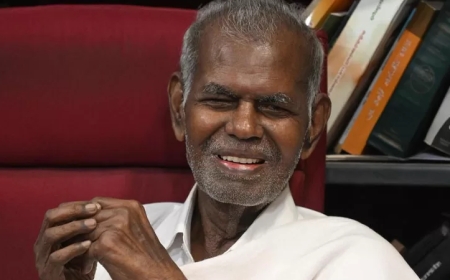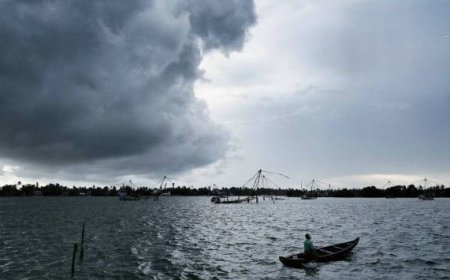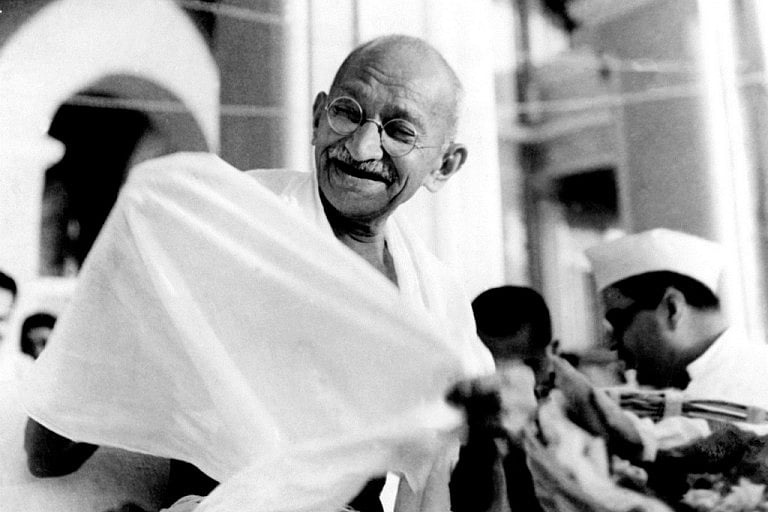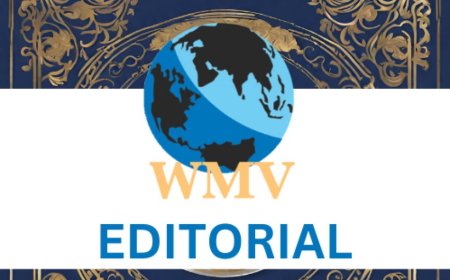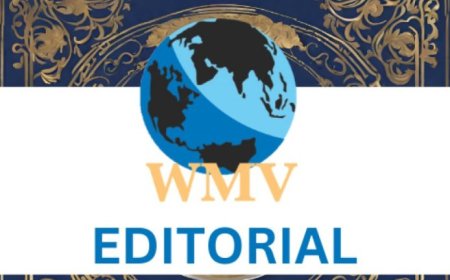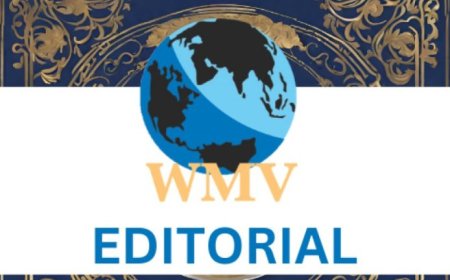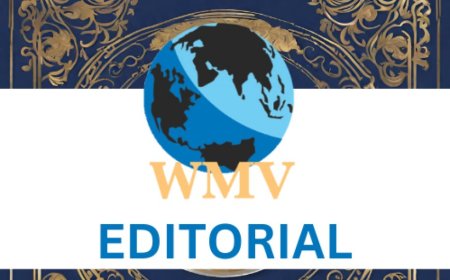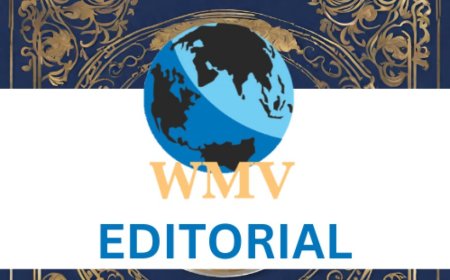Europe and NATO in crisis
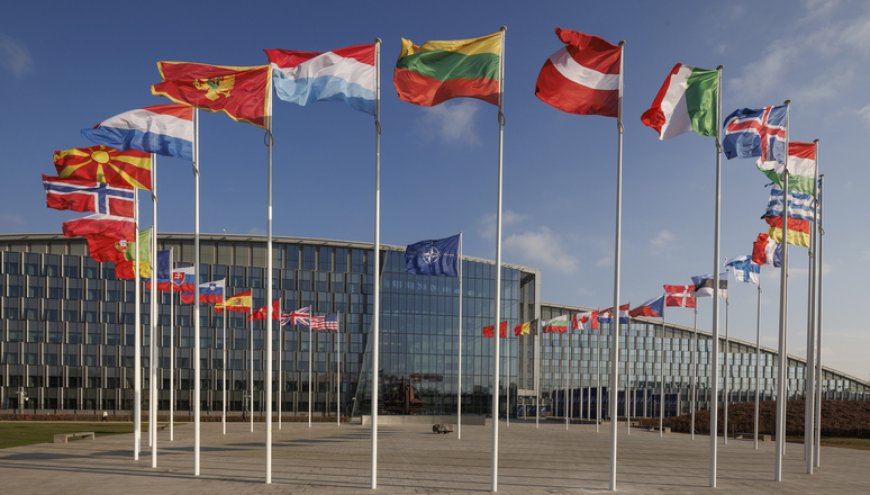
THE last two weeks were historically traumatic for Europe and NATO.
It will take some time for Europe and America to digest what happened.
Unless he gets his way in Ukraine, Putin threatened to annihilate Europe with a rain of nuclear missiles. Almost at the same time, German leaders broke a decades-long taboo and openly discussed the development of nuclear weapons.
Not to be left behind, French President Macron proposed a dramatic alternative: that Germany pay for expanding the French nuclear umbrella over Europe. Macron broke another taboo when he suggested that NATO would have to send troops into Ukraine.
While Britain may no longer be in the E.U., it is a powerful force in NATO and will undoubtedly play a pivotal role in the defense of Europe. Britain has stated that it will make its nuclear forces available to the NATO commander, if necessary.
All of this turmoil occurs in the context of Donald Trump's startling recent statement in which he invited Russia to invade any NATO country that hadn't spent its promised 2 percent of its budget on NATO-related expenditures.
This failure of Europe to share the economic burden of NATO defense has been an ongoing and bipartisan American complaint since the Kennedy administration in the early 1960s. And still, today, with a Russian army at their door, several NATO countries refuse to spend the promised two percent on defense. This list includes prosperous countries and major economic powers like Germany, Spain, Italy, Canada, Belgium, the Netherlands, Denmark, Norway, and Turkey.
In this context, in an instant, the wheels seem to have come off NATO. The United States' decades-long commitment to the integrity of European borders is suddenly in doubt. Seriously in doubt.
The Center is not holding!
It's not just Trump. America's decades-long bipartisan commitment to NATO and other close allies is under serious assault from across the political spectrum. Major forces on the left wing of the Democratic Party are calling for the U.S. to abandon its close partnership with Israel. Such an abandonment would call into question all American alliances worldwide.
Simultaneously, a large faction of conservative Republicans has reverted to the head-in-the-sand isolationist policy of their early twentieth-century predecessors.
Meanwhile, President Biden is physically unable to articulate a strategic vision or rally the country to confront the crises in Europe and the Middle East.
Under these circumstances, it is best if the E.U. and the European NATO members face these hard facts and plan for a possibly ugly divorce in the near future.
If worse comes to worst, and Trump decides to walk away from NATO, what should Europe ask for in a divorce settlement? Three things.
First, Europe should try to persuade the United States to leave most of its military equipment in Europe. The E.U. and the European remainder of NATO might agree to pay some reasonable sum for transferring this extremely powerful arsenal.
Second, Europe should argue that all or a significant fraction of American nuclear weapons stationed in Europe be transferred to NATO along with the launch codes. Again, some payment might be required to satisfy Donald Trump's need for transactional success.
Third, European NATO should endeavor to sign long-term contracts with U.S. defense contractors to provide necessary armaments until the E.U. can rebuild its own domestic weapons industry.
Not all of these civilization-shaking events may occur, but with the potential election of Donald Trump and the chronic failure of much of Europe to pay for its defense, they become more likely.
By James S. Fay - RealClear World
